'The course of true love never did run smooth'
Why I love writing fiction, though it's put me through the wringer
Hello friends!
I’ve had a few new subscribers and recommendations lately, so I want to extend a quick welcome to the lovely newcomers and say thanks for letting me drop into your inbox! And if you’ve ‘Recommended’ Thursdays After Lunch here on Substack, many extra thanks to you.
Today, given that some of you haven’t heard me bang on about this sort of thing before, I thought I’d spend a little time exploring my reasons for writing fiction. It is, after all, a crazy leap of faith. It gobbles up time, makes no promises in terms of an income or a career, often involves rejection, and usually comes with lashings of anxiety, suspense and heartbreak. (Other than that, it’s brilliant!)

I set my heart on writing books a long time ago, mostly because I loved reading them. I’d spent so much of my life caught up in novels, I think I just wanted to create the same magic.
It helps that I was raised by parents who believed in the value of books and stories. It’s probably why I wrote so many small, stapled-together books as a child, and why my dear Mum kept them. It’s also, most likely, why writing stories in High School English was my favourite activity. I never got brilliant marks for them, but who cares? The process lit me up on the inside.
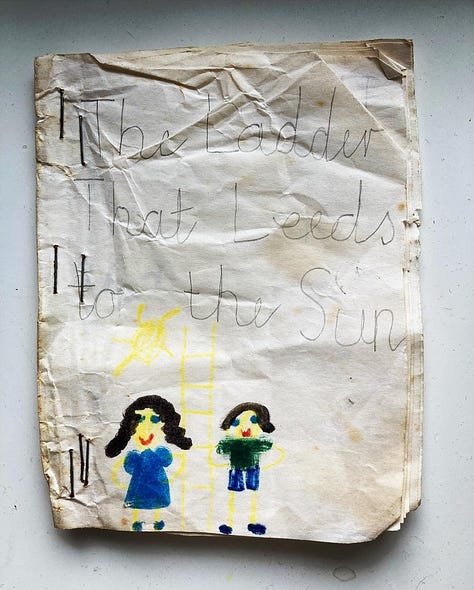
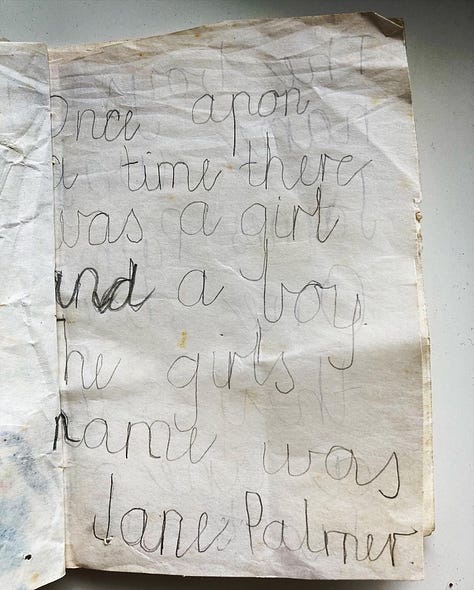
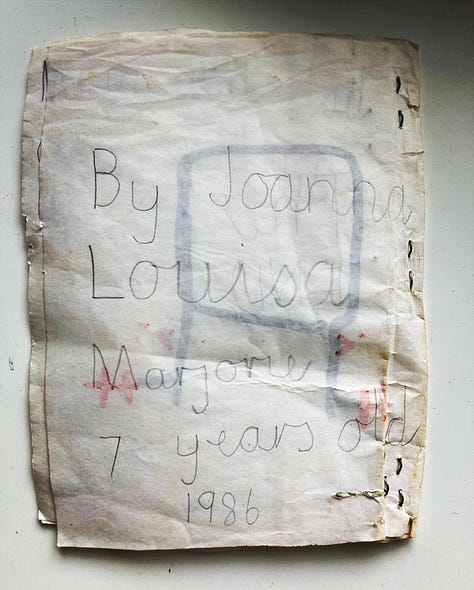
Still, I didn’t think I could be an author. Not really. A journalist, maybe, if I was lucky, but a novelist? How does that even happen?
Then, in my mid-twenties, I made a risky move. I gave up the journalism career I’d worked so hard for.
I’d been a journo for a while when I started thinking about going back to university. I was producing around twenty news stories in a four-day week, but my editor wanted more. He wanted me to focus on the newshounding side of things instead of refining my sentences till they gleamed. He was a good editor, but I’d had enough; I was looking for options.
Remembering that my journalism professors had run a seminar on postgraduate studies, I set up a meeting with them. I thought maybe I could do an honours project or something—buy myself some time to find a better path than the one I was on. I was floored when they said I could apply for a PhD, with a scholarship. As if this wasn’t wild enough, they let slip that it didn’t necessarily have to be in Journalism.
‘Can I do a PhD in Creative Writing?’
‘Yes.’
‘Even if I didn’t study that at undergraduate level? Or even major in English?’
‘Yup.’
I mean … what?! Naturally, I was all over this new direction before you could say, ‘What about Tristram Shandy?’
(Don’t get me wrong, I do recommend studying the classics. I’m sad I didn’t do it during my BA days. My MA coursework covered some good ground—Frankenstein, Hamlet, Wordsworth—but still, I could definitely have done with more. Sometimes I daydream about going back and enrolling in English Lit. I won’t do it. I have children to raise and novels to write. But the daydream is fun.)
I applied for that PhD with scholarship, but didn’t get in because I didn’t have Honours. Instead, my journalism experience and my Dip Ed got me a place in a Research Masters with Training program. Which I LOVED. I wrote an original 15,000-word piece of creative writing plus an exegesis, and at the end of the year, I applied again for the PhD with scholarship. This time, I got it!
I was pregnant with my firstborn when I started the PhD. By the time I’d finished, eight years later, I’d had both my sons, built a house, written a short novel, rewritten my dissertation several times, and experienced proper burn-out. I’d also taught a number of Creative Writing units, possibly learning more about the craft than any of my students did, poor loves.
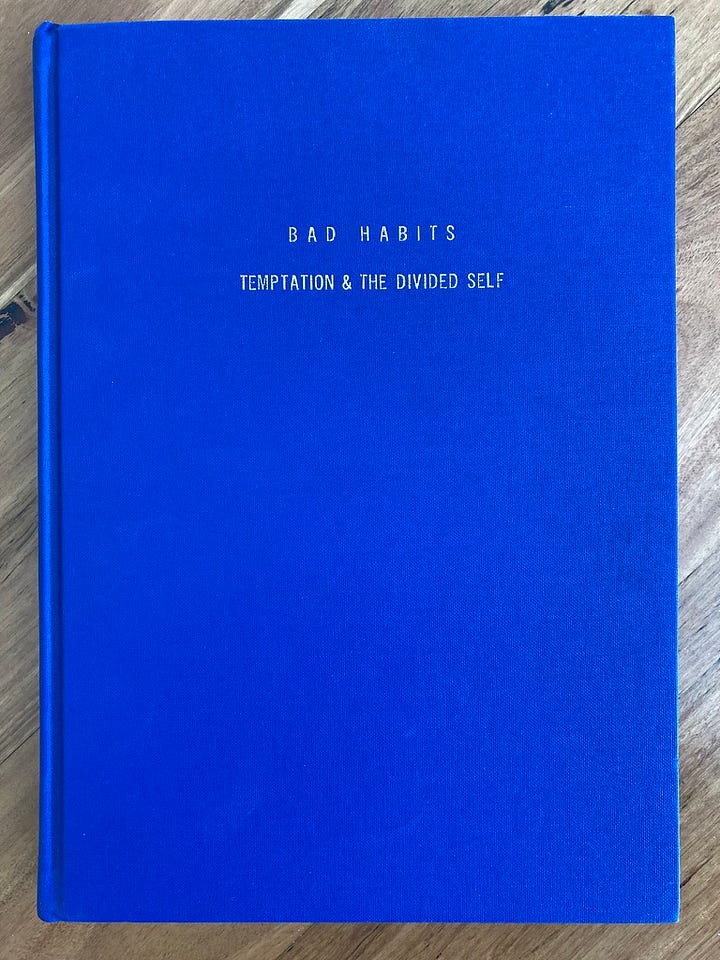
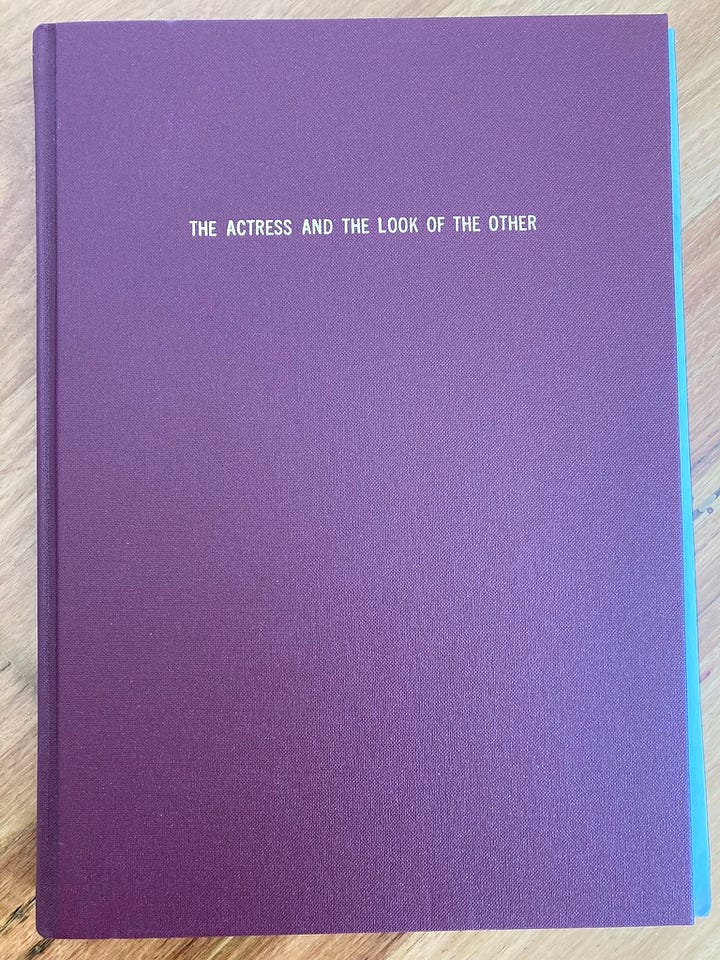
My PhD fiction never found a publisher—not until I’d distilled it down into a short story—and for a while I was crushed. (You can read more about that here). But my desire to write something that would find a publisher continued to burn fiercely. Whatever else happened, I wanted to write and publish fiction. I wanted to:
create something that hadn’t been there before
spend hours rearranging words and sentences as a job (without being hassled about it … but then I had kids, so … go figure that one out)
use storytelling to explore the human condition in all its wonder and pain
touch readers’ hearts
transport and entertain
Truly, what could be more worthwhile than that?
But as Lysander says in A Midsummer Night’s Dream, ‘The course of true love never did run smooth.’ And at times, it was hard to be hopeful. Like the time I cried during a seminar with a visiting poet. He used a great word to describe my state of mind: ‘You’re discouraged,’ he said. I was exactly that. (Plus, now I was embarrassed for crying in a seminar. Again.)
But slowly, slowly, things started turning around.
My first short story (‘Night Road to Ceduna’) was published in Westerly.
The short story I’d distilled from my PhD novella (‘Of the Water’) was shortlisted for a competition and published in an anthology.
A few more journals and anthologies accepted my short fiction (Meniscus, ACE III, Westerly again — I love Westerly)
I managed to finish a second full-length manuscript: Still Dark.
Of course, many close calls and rejections kept stride with the wins. I was so close to giving up on Still Dark, I’d started working on my third attempt at a novel, thinking it would have to be the one that broke through. But then I got a life-changing phone call: Still Dark had been shortlisted for an unpublished manuscript prize: the Hungerford Award.
That changed everything.
It meant I hadn’t (necessarily) been insane to abandon my fledgling journalism career
It resulted in the publication of The Ghost of Gracie Flynn (formerly Still Dark) by Fremantle Press in 2022
It led to the amazing experience of working on the manuscript with publisher/editor Georgia Richter
It set me on a path to meet many wonderful writers and readers — I can’t even tell you what a joy that’s been
And though I doubt Gracie has touched anyone’s heart or moved them to tears, some readers have said lovely things, which I’m taking as a win.
So, why do I write fiction?
To create, to play, to connect, to entertain, to process … and because I can’t seem to give it a rest. Some writing friends and I (in a tiny, three-person collective) refer to ourselves as ‘The Incurables’. I think that says it all.
Q: If you’re a writer, let me know in the comments a) what keeps you going, and b) why you started in the first place. If you’re not a writer, would you ever think of becoming one? Why? I’d love to know!
Thanks for reading ‘Thursdays After Lunch!’
My name is Joanna Morrison. My debut ‘The Ghost of Gracie Flynn’ is an atmospheric mystery novel in which three university friends are divided by a tragic death. Eighteen years on, they’re reunited, but when another body is found, the ghost of Gracie Flynn has a story to tell about the night that changed their lives forever.




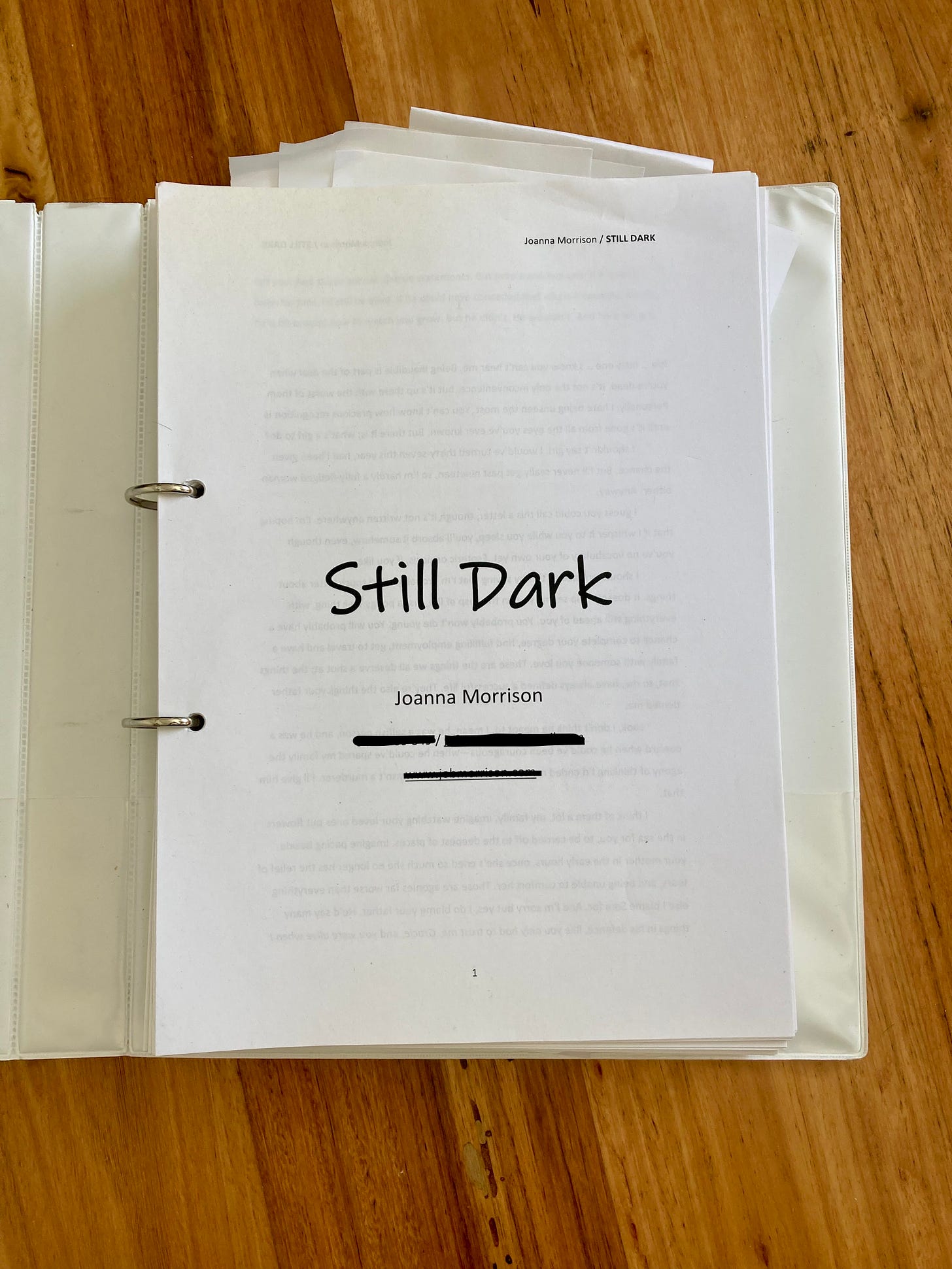
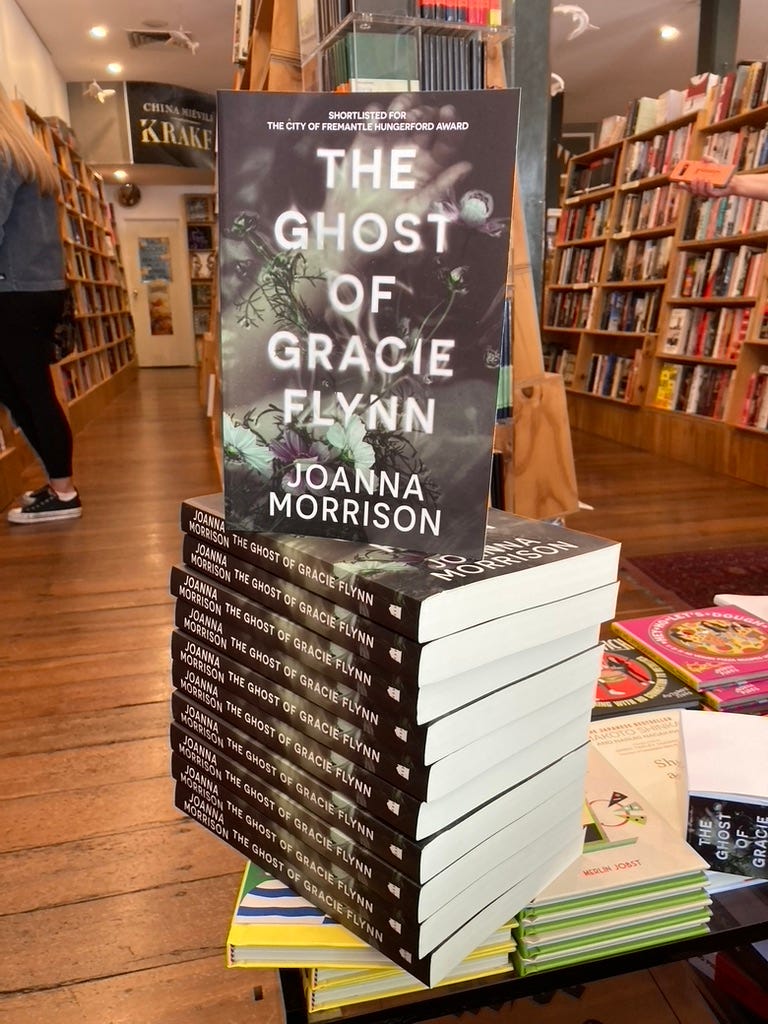

I love reading these Thursday pieces! It’s nice to get an insight into another writer’s journey and thinking. So much I relate to!
I loved this piece, Jo! Your writing journey is inspirational! Having had the pleasure of reading your beautiful writing, I'm certain your gift for words will continue to delight so many readers!